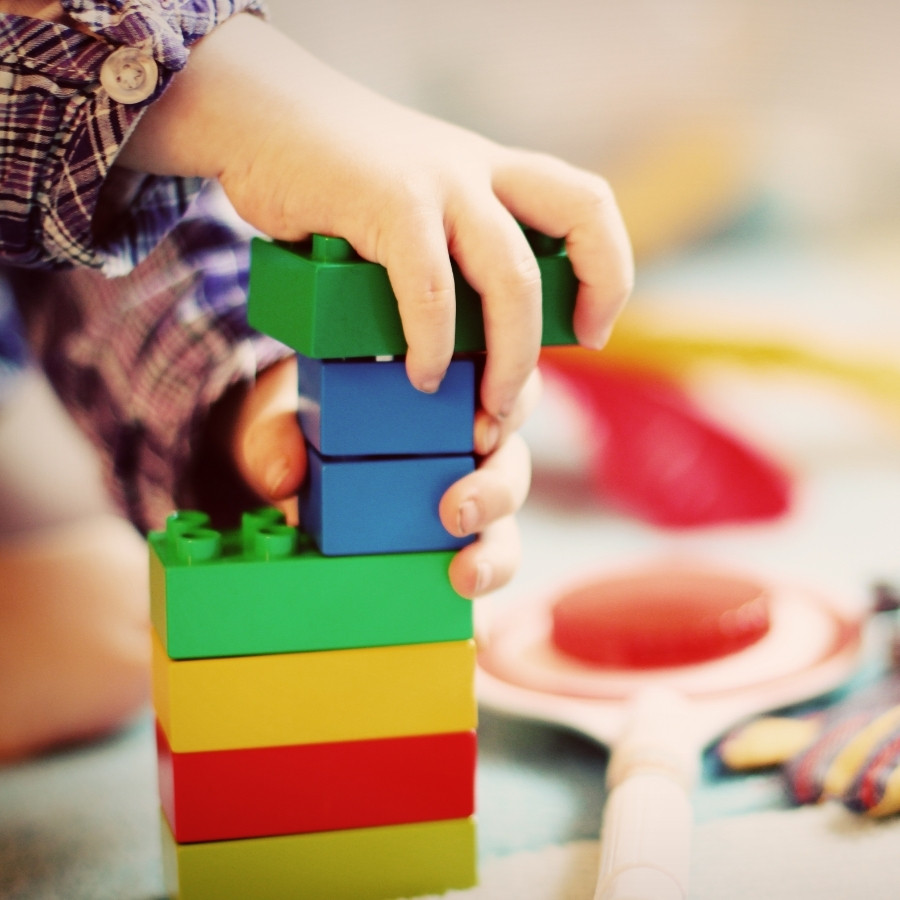Domestic Violence and Child Abuse | Modern Legal
Matters of domestic violence and child abuse require critical support and guidance; see how we can aid in the pursuit of justice and recovery.

Empowerment Toward Recovery and Justice
At Modern Legal, we are committed to supporting victims of domestic violence and child abuse by providing individualized legal representation and guidance. We have seen the impact of domestic violence and child abuse first-hand, and we meticulously evaluate each case to ensure our approach aligns with the client’s needs. By collaborating with social workers, therapists, and counselors, we empower individuals towards recovery and justice. See how our expertise can assist in legal protection and relief from domestic violence and child abuse.
The Impact of Domestic Violence and Child Abuse
The devastating repercussions of domestic violence and child abuse can echo throughout every facet of a person’s life.
Frameworks exist to help individuals cope with and recover from the emotional trauma and long-term effects of their experiences. While the legal system offers a structured process, it can lack the diverse resources needed to effectively address every aspect of these complicated situations. Healing from the emotional and physical trauma caused by domestic violence and child abuse can be significantly aided by the use of legal resources to pursue justice.
The long-term effects of domestic violence and child abuse will often include psychological harm and social maladjustment, making intervention vital. By strategically engaging the legal system, we empower victims, survivors, and their families to break the cycle now. The law can be a pathway to recovery if utilized effectively, offering adults and children alike the support and protection they need.
Your Trusted Partners in All Family Law Matters
We navigate the complexities of family law with expertise and compassion, ensuring your rights are protected and your voice is heard throughout every step of your legal journey.
We Are Dedicated to Protecting Your Family’s Future
We work tirelessly to secure the best possible outcomes for you and your loved ones, providing legal solutions tailored to your unique family dynamics and long-term goals.
Recognizing the Signs and Symptoms
How can we identify the signs of domestic violence and child abuse?
Recognizing the signs and symptoms of domestic violence and child abuse requires an understanding of the indicators suggesting abuse and maltreatment. Physical indicators, such as unexplained bruises or burns, often coexist with behavioral symptoms like withdrawal or sudden aggression. It is important to be vigilant about recognizing emotional repercussions of abuse, extreme fear of going home, or a drastic change in school or work performance.
Understanding child abuse symptoms extends beyond physical and emotional domains as this also requires attention to developmental delays or regressive behaviors. As professionals or caregivers, it is our responsibility to help identify signs through careful observation and communication. Our goal is to engage with children and other possible victims openly, creating a safe environment for them to express themselves. Recognizing the signs of abuse is a critical first step in initiating protective legal measures and ensuring the well-being of the adult or children involved.

Legal Protections and Rights for Survivors
Understanding the legal protections and rights afforded to victims and survivors of abuse is essential to start the necessary interventions and ensure justice.
Victims of domestic violence and child abuse are entitled to a range of legal recourse designed to safeguard their well-being and promote their recovery. Protective orders, for instance, can be issued to maintain distance between the victim and the accused, thereby ensuring safety and peace of mind.
The family law attorneys at Modern Legal are here to guide and support our client’s facing domestic violence and child abuse through the judicial process. Our goal is to help them to reclaim control over their lives, while holding perpetrators accountable for their actions.
How We Help: Legal Representation
Our commitment to providing exceptional legal representation begins with a complete understanding of family law.
At Modern Legal, we know domestic violence and child abuse cases require sensitive legal advocacy. Our team is dedicated to ensuring victims receive the legal protection they need while providing support to navigate these challenging situations. We evaluate each case, crafting strategies aligned with our clients’ unique circumstances and legal rights.
Our approach to legal advocacy involves a detailed examination of all evidence, specialist testimonies, and invoking relevant statutes to build a compelling case. We advocate fiercely, ensuring the voices of those affected by domestic violence and child abuse are heard and respected. Our commitment extends beyond the courtroom as we collaborate with social workers and counselors to support the family’s ongoing needs. To us, it’s you who matters.
Ready to learn more? Check out these resources.
Frequently Asked Questions
Domestic violence is a serious legal issue affecting individuals across all demographics. The law provides both civil and criminal remedies to protect victims and hold offenders accountable. Below are answers to frequently asked legal questions about domestic violence.
Navigating the Family Court System
Addressing domestic violence and child abuse cases requires expertise in the family court system.
In our role as legal advocates, we provide guidance through the legal processes for domestic violence and child abuse cases in family court specifically. The family court, with its own unique procedures, requires a detailed understanding of its rules and regulations. It is imperative to prepare, making sure every document is accurate and every argument is complete.
Understanding the court’s deadlines and expectations is key. To ensure a clear presentation of your case, we work to outline all potential outcomes and strategize effectively. Family court cases have high stakes, with every ruling significantly affecting the well-being of adults and children, particularly in cases involving domestic violence or child abuse recovery. We prioritize a thorough and diligent approach to achieve the best possible outcome.
Guiding You Through the Family Court System
Our Modern Legal team is committed to providing legal advocacy for those impacted by domestic violence and child abuse as well as their families. We urge members of our community to watch for indicators of abuse to help ensure timely intervention. Understanding your legal rights and protections and those of your children is essential; our team stands ready to guide you through the intricacies of the family court and judicial system. We provide a path toward recovery and justice, empowering you every step of the way.
We are Proud To Serve Families Across the Carolinas
Modern Legal Charlotte, NC
6715 Fairview Rd
Suite A
Charlotte, NC 28210
Modern Legal Gastonia, NC
2922 Audrey Dr
Suite 105
Gastonia, NC 28054
Modern Legal Waxhaw, NC
102 Waxhaw Prof Park Dr
C-600
Waxhaw, NC 28173
Modern Legal Statesville, NC
1605 Norwood Road
Statesville
North Carolina 28677

























